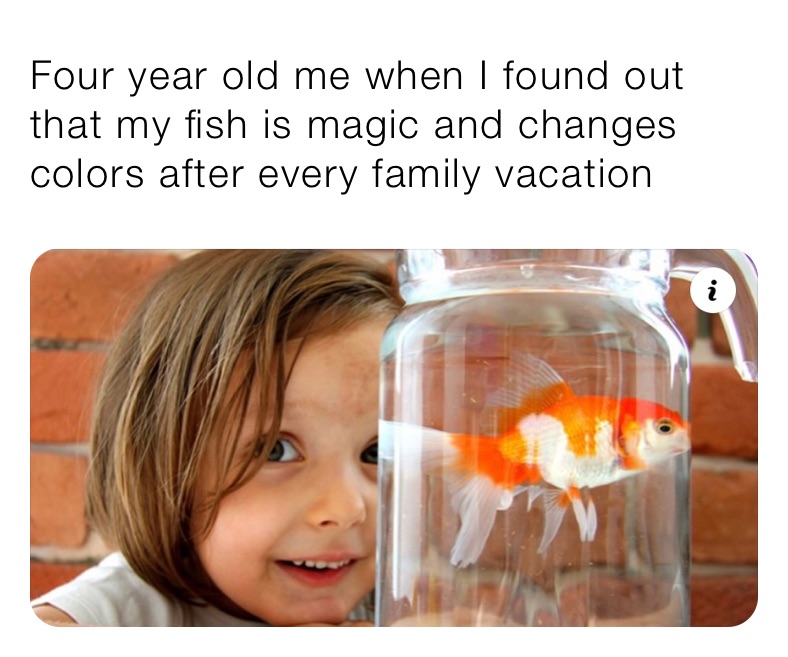We can use LLMs to:
- Do things
- Learn things
When just doing things, LLMs feel like magic. Not so much when learning.
LLMs are excellent tools for getting things done: writing, rewriting, coding, code reviewing, or just figuring things out. The interaction to get things done is straightforward, but it can be improved if the goal is not just to get things done, but to get things done right. For example:
- You can use an LLM that reports sources in addition to answers. Click on some of the sources to understand the context of the answer. This will help you verify that the answer is within the bounds of what you’d expect. It will also help you validate the answer against the source.
- Pause and review the autocompleted code to make sure it does what it is supposed to do. If it doesn’t look familiar, just copy and paste the main function and use good old Google.
When it comes to learning, things get more complicated. With the latest round of updates (Claude 3.5, GPT o1 etc.), LLMs have taken over the chain of reasoning for many tasks.
This means that you don’t have to think about the question and formulate the steps of a solution yourself, the model does that for you. The model gives you a fish, but you don’t really learn where the fish came from. Instead, you can:
- Embrace your own chain of thought: For topics and tasks where your goal is not just to do things, but to learn how to do them, keep your train of thought to yourself. This means proactively thinking of answers to the question at hand before you ask LLM your question.
- Treat post-LLM agents as assistants that need guidance in thinking and reasoning. Think of a solution first, and ask the agent to help you through the steps of the solution. The agent may come up with a different solution, and that’s okay. Just try to understand why.
- A quick tip. Using search and discovery focused LLM tools like Perplexity can help this process. Perplexity’s “Pro Search” and “Focus” motivate the learner to be more proactive.
I gave another talk in December and updated my main deck on Knowing vs. Understanding. You can find it here. For my December talk, I also put together a prologue deck for this discussion, which I will post after optimizing it for the web. Stay tuned.
